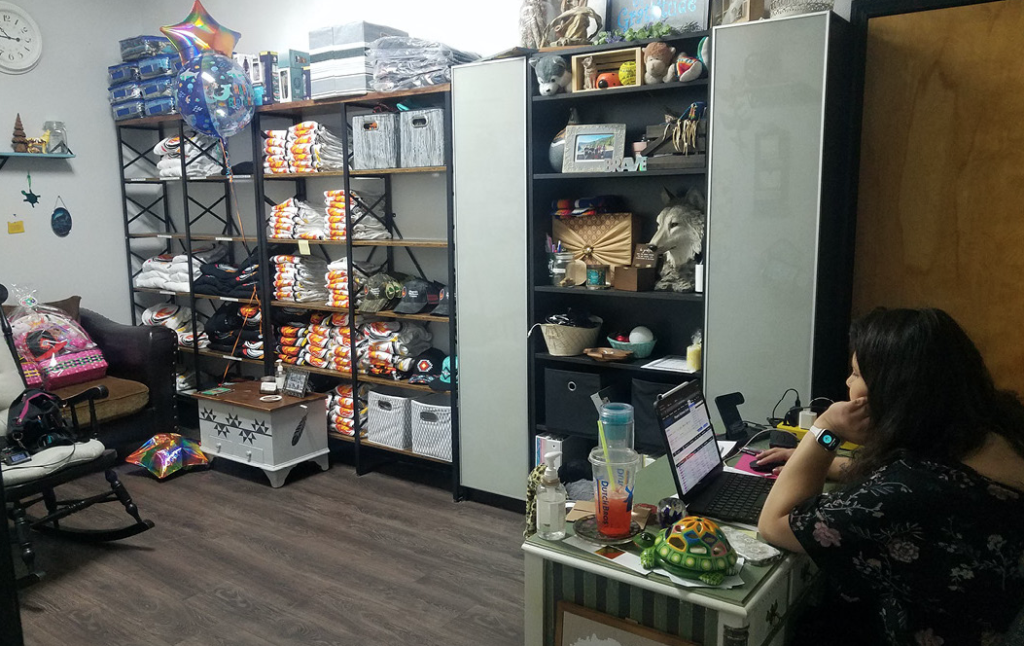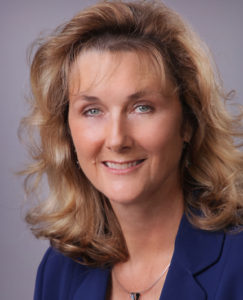
By DANA TIMS/YachatsNews.com
Millions of dollars generated by a controversial, first-of-its-kind Oregon ballot measure will soon be heading to Lincoln County service providers to help cope with substance abuse, homelessness and related issues.
Lincoln County, working with eight local service agencies, is slated to receive $4.65 million from Measure 110, which Oregon voters approved in November 2020 diverts state taxes on marijuana into a program that pays for supportive services for people with substance use and other disorders.
The measure’s supporters say it represents a historic shift away from relying on law enforcement agencies and the criminal justice system to deal with low levels of drug possession. Instead, using money from marijuana taxes, the measure aims to make treatment and recovery services for drug additional available to all those who need or want that help.

“The intent here is to create coordinated systems of care,” said Jayne Romero, Lincoln County’s Health & Human Service’s director. “The resource networks we are developing are designed to have our partners working together, rather than in the more fragment way things have worked in the past.”
The ballot measure, formally known as the Drug Addiction Treatment and Recovery Act, reduces the penalty for possessing small amounts of illegal drugs in Oregon. Instead of getting arrested, people will get a citation that may have a $100 fine. People can complete a health assessment to avoid paying the fine.
The money to service providers will roll out as soon as their collaborative networks – known as “behavioral health resource networks” – are recognized by the Oregon Health Authority and have signed memos of understandings.
The funds, as required by the state, will be spent to provide services in seven distinct areas, including:
- Screening and comprehensive behavioral health needs;
- Individual intervention planning;
- Low-barrier substance abuse treatment;
- Peer support/mentoring;
- Housing services;
- Harm reduction intervention; and,
- Supported employment.
Participants in the planning process say they can’t emphasize enough how critical it is that the rollout – which early on drew criticism from an Oregon secretary of state’s audit – proceeds smoothly.
“It’s very nerve-wracking to know that all eyes are on us right now,” said Jennifer Beckner, overdose prevention coordinator for Linn, Benton and Lincoln counties. “We are all working extremely hard to get this right.”
Phoenix Wellness Center, one of eight agencies working with Lincoln County to implement Measure 110 programs, plans to hire several peer mentors, case managers and counselors to help deal with the anticipated increase in cases.
“We don’t outsource these positions because we want to have people in place who understand the community,” said Ashliegh Ramirez, Phoenix’s clinical supervisor. “At this point, we are all just eager to start the process and see how it all rolls out.”
In addition to Phoenix Wellness Center, local agencies taking part are Community Services Consortium; Coastal Phoenix Rising; Confederated Tribes of the Siletz Indians; Faith, Hope and Charity; the Lincoln County harm reduction program; Chance Recovery; and, Samaritan Treatment and Recovery Services.
The latter group plans to use portions of the money it will receive to place peer support specialists in the emergency departments at its Samaritan North Lincoln Hospital in Lincoln City and Samaritan Pacific Communities Hospital in Newport, JoAnn Miller, the organization’s director of community health promotions said in a statement to the YachatsNews.
That effort will include conducting outreach efforts to people interested in entering treatment, she added.
Lincoln County Commissioner Claire Hall placed herself among those who were frustrated by the initially slow roll out of Measure 110 money.
“But what’s clear is that the war on drugs didn’t work,” Hall said. “So it’s beyond exciting to see in its place the beginnings of a comprehensive local treatment system that has the capacity to address the actual needs of our community.”
OHA finishes first 2 years of grants
On Tuesday, the Oregon Health Authority announced it had finished awarding the first two years of funding to nonprofits under Measure 110. The first round of grants totaled $302 million, according to Oregon Public Broadcasting.
Steve Allen, OHA’s behavioral health director, responded to criticism that the agency didn’t get the funding out the door quickly enough at a time when overdose deaths are surging.
“We understand the frustration this caused in our communities,” Allen said. “When you do something for the first time you’re going to make mistakes.”
Allen also acknowledged that, nearly two years after Measure 110 passed, the availability of addiction treatment, including residential treatment beds and medication-assisted treatment for people with opioid use disorder, is “inconsistent” across Oregon’s counties.
Measure 110 funding is largely not being used to address those gaps in addiction treatment and professional medical services. Under direction from the state Legislature, Measure 110 dollars aren’t being used to pay for treatment services that are also covered by commercial health insurance or the Oregon Health Plan.
The $302 million will pay for other services that aren’t Medicaid funded: outreach, peer mentors, recovery housing and needle exchanges, for example.
That’s about five times the amount the state has spent on supportive services for substance use disorder up to now, according to Tara Hurst, executive director of the Oregon Health Justice Recovery Alliance, an advocacy group working on Measure 110 implementations.
“When we talk about meeting folks where they’re at, it’s so important,” Hurst said. “They can’t get treatment, they can’t get more services and get off drugs if they’re dead.”
- Dana Tims is an Oregon freelance writer who contributes regularly to YachatsNews.com. He can be reached at DanaTims24@gmail.com




Sounds great on paper, but they have to actually want treatment and stay in treatment for it to work.
Too little way too late. I’m voting for Betsy Johnson because measure 110 needs to repealed. Thanks to 110 making hard drugs like meth and heroin legal, we are now awash with drug addicts and their dealers. Portland and Eugene are now dystopian nightmares with tent cities, addicts, filth, and dirty needles. If they are not dealing they are stealing. Measure 110 is a failed experiment.